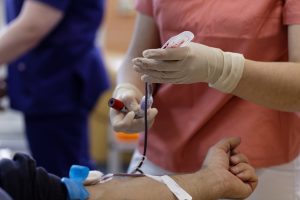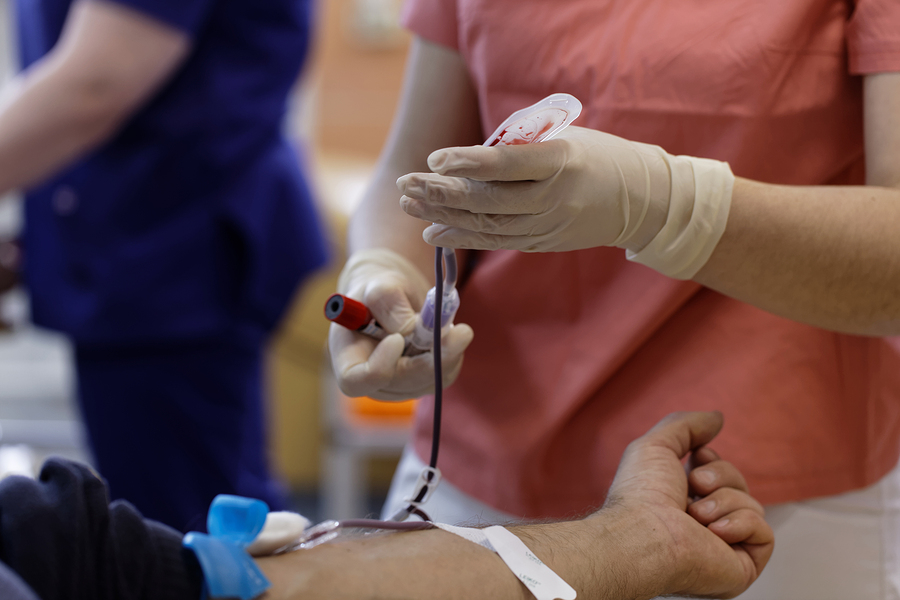When you are injured in a car accident and receiving emergency medical treatment, that would not seem like the ideal time to be answering questions. Yet when police suspect drunk driving played a role in your accident, it is common practice for officers to immediately question a potential defendant.
As with all such police interviews, it is critical to remember that you have the right to remain silent and wait to speak with legal counsel–not to mention receive medical care–before proceeding further with any interview.
Appeals Court: Accident Did Not Compromise Defendant’s “Capacity for Self-Determination”
You should also never assume that just because you are under medical care when questioned by police, that somehow means your answers will not be considered “voluntary” by a judge later.
Don’t Make Assumptions!
A recent decision from the Texas Seventh District Court of Appeals in Amarillo, Hunter v. State, illustrates what can happen when you make such an assumption. In this case, the appellate court upheld a trial judge’s ruling that a DWI defendant gave “voluntary” consent to a blood draw immediately following an accident.
A Car Accident… with a House
The defendant in this case had lost control of his car and crashed into a house. Fortunately, nobody in the house was harmed. Unfortunately, the defendant was injured and required emergency medical treatment.
The officers who responded to the accident scene noted the defendant was “lying in the yard of a neighboring residence with visible injuries, bloodshot eyes, and slurred speech.” Emergency medical personnel confirmed the defendant was “conscious” but also “in severe pain.”
Police Suspect the Driver to be Intoxicated, Requests Blood Draw

The defendant was taken to the hospital. A police officer asked the defendant for permission to conduct a blood draw–i.e., to test the defendant’s blood-alcohol content for signs of intoxication. The defendant initially “dismissed the question” according to court records.
However, after the officer advised the defendant of his rights and asked the question a second time, the defendant replied, “do your job.”
The officer then repeated the question a third time to confirm the defendant’s consent, and again the defendant replied, “Yes, sir. Do your job.”
Prosecutors subsequently charged the defendant with DWI.
The defendant moved to suppress the results of the blood draw, arguing that his consent to the officer was not voluntary. The judge denied the defendant’s motion. The defendant then agreed to plead guilty, reserving his right to appeal.
Be Aware of Your Rights
On appeal, the Seventh District held the evidence presented to the trial court showed the defendant “was sufficiently aware and coherent such that his affirmative response to [the officer] was voluntary.”
The defendant may have been injured in the accident and receiving medical care, but there was nothing to suggest that his “capacity for self-determination [was so] critically impaired … that his consent to search must have been involuntary.” So as far as the court was concerned, the defendant consented to the blood draw.
Dealing with a Similar Case?
Speak with an Experienced DWI Accident Lawyer Today
Some people think they will only get “in more trouble” if they refuse a police officer’s request for a blood draw or breath test. But as a matter of constitutional law, you always have the right to refuse and require the police to obtain a warrant before conducting any type of invasive search.
Remember, you always have the right not to answer any police questions and immediately speak with an experienced DWI defense lawyer who can provide you with accurate legal advice. Contact the Law Offices of Tad Nelson & Associates in Houston, Galveston or League City today if you need legal representation following a DWI accident.














